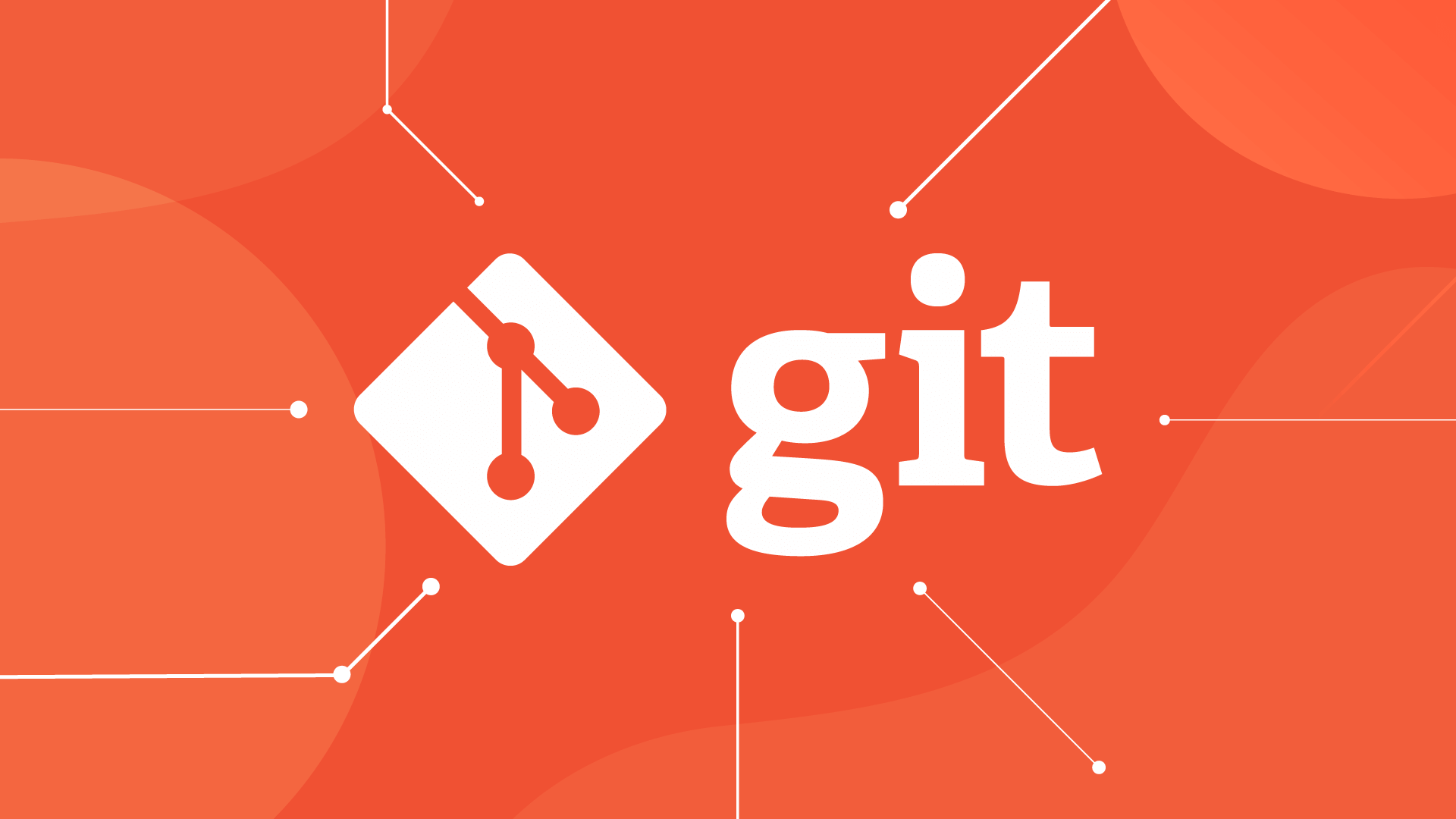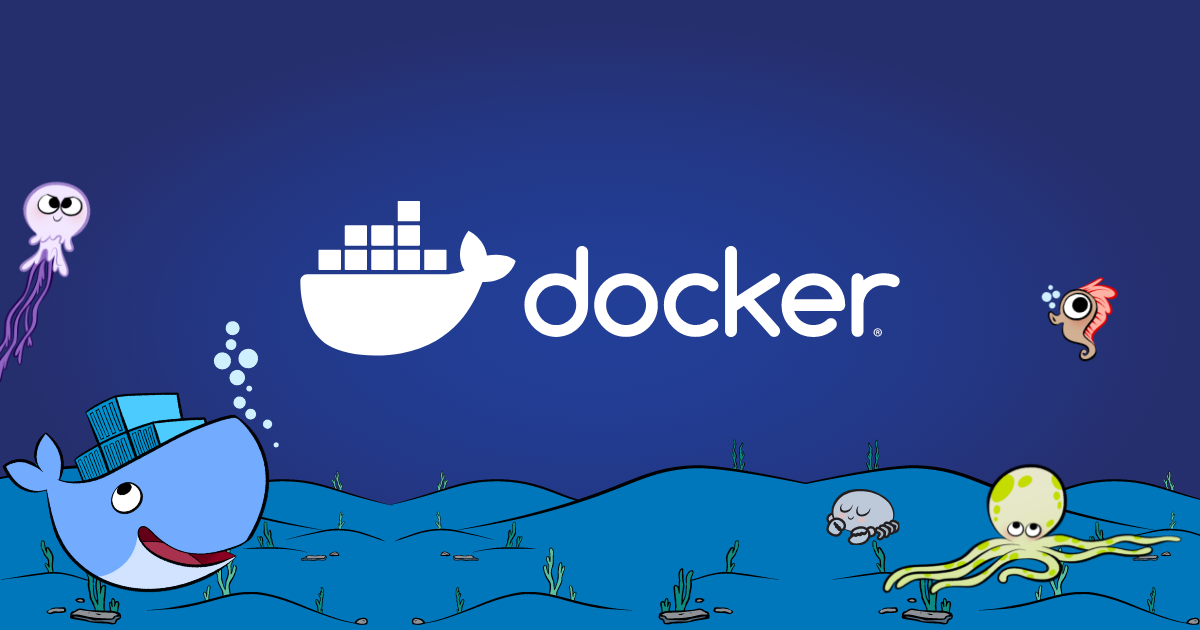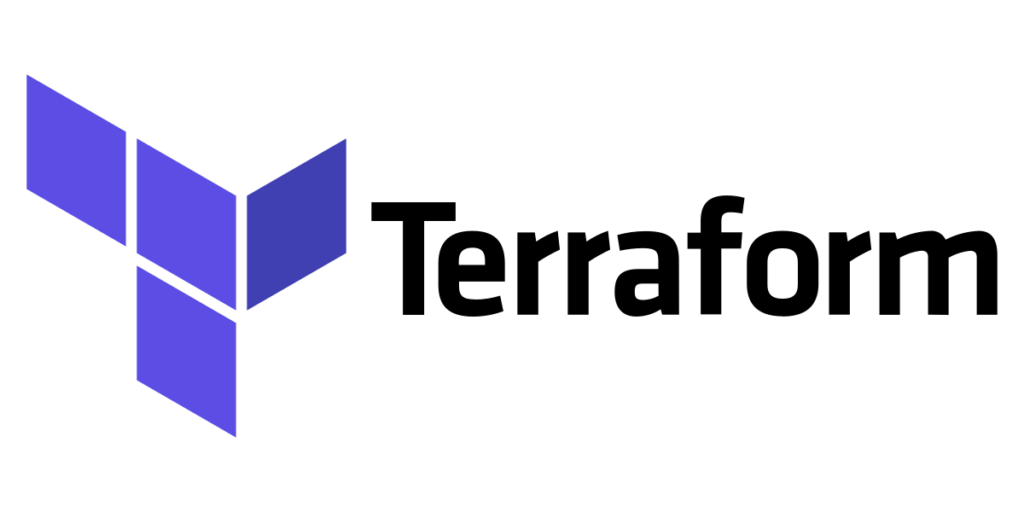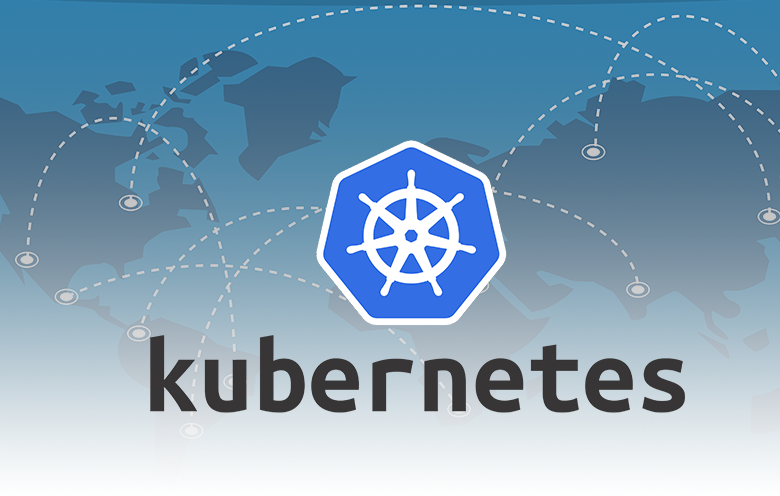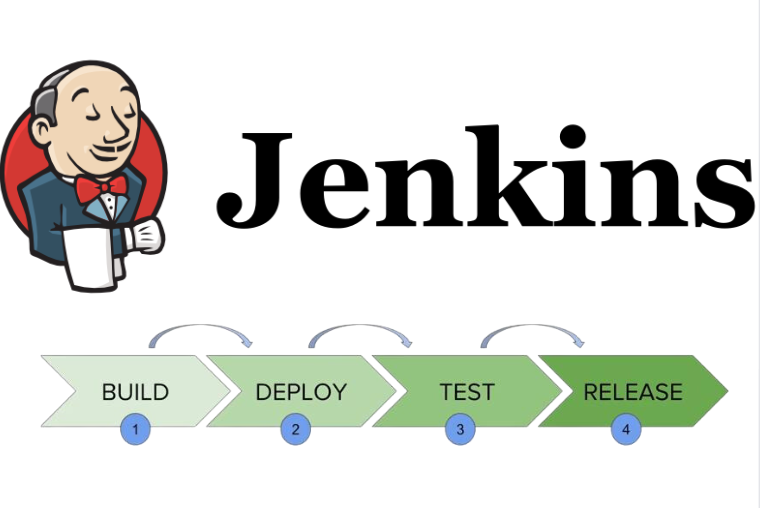In today’s fast-paced digital world, DevOps practices are essential for efficient software development and delivery. Automation plays a central role in DevOps, allowing teams to streamline repetitive tasks and focus on innovation. But the benefits extend beyond development efficiency. DevOps automation tools can also significantly improve your Search Engine Optimization (SEO) efforts.
This blog post delves into the world of DevOps automation tools and explores how they can be leveraged to enhance your website’s SEO performance.
What are DevOps Automation Tools?
DevOps automation tools are software applications designed to automate various tasks within the software development lifecycle. These tools can handle a wide range of functions, directly impacting SEO:
Configuration Management:
Tools like Chef, Puppet, and Ansible ensure consistent infrastructure configurations across development, testing, and production environments. This consistency is crucial for maintaining SEO-friendly settings throughout the deployment process. Imagine a scenario where developers accidentally disable image compression on the staging environment during testing. With configuration management, such inconsistencies are eliminated, preventing sudden drops in website performance that can negatively impact SEO.
Continuous Integration and Continuous Delivery (CI/CD):
Platforms like Jenkins, GitLab CI/CD, and CircleCI automate the integration of code changes, testing, and deployment. This allows for faster release cycles, enabling you to implement SEO changes more quickly. Traditionally, SEO updates might have been bundled with larger feature releases, delaying optimization efforts. CI/CD pipelines allow for smaller, more frequent deployments, so SEO changes can be prioritized and pushed out independently.
Monitoring:
Tools like New Relic, Datadog, and Prometheus provide real-time insights into website performance and infrastructure health. By identifying and resolving technical SEO issues like slow loading times or broken links, these tools can significantly improve SEO rankings. Imagine a situation where a recent website update inadvertently introduces broken internal links. Monitoring tools can detect these issues early on, allowing for swift fixes before they impact user experience and search engine rankings.
How DevOps Automation Tools Benefit SEO
DevOps automation tools offer several advantages that directly translate to better SEO:
- Increased Efficiency: Automation frees up development teams from manual tasks like server configuration or test execution, allowing them to focus on core SEO optimization strategies, such as keyword research and content creation.
- Faster Release Cycles: With automated deployment pipelines, SEO changes can be implemented and tested quicker, accelerating website optimization efforts. This allows SEO specialists to experiment with different strategies and iterate more rapidly to identify what works best for their audience.
- Improved Consistency: Configuration management tools ensure consistent configurations across environments, preventing accidental SEO-unfriendly changes. This eliminates the risk of human error and ensures that SEO-optimized settings are maintained throughout the development lifecycle.
- Enhanced Monitoring: Proactive monitoring helps identify and fix technical SEO issues before they impact search rankings. By detecting issues like slow page load times or broken redirects early on, DevOps teams can prevent them from hindering website visibility in search results.
For instance, a company might use a CI/CD pipeline to automate the deployment of website updates. These include optimized meta descriptions and image alt text. This streamlined process allows for quicker implementation and testing of these SEO improvements, leading to faster organic traffic growth.
Top DevOps Automation Tools in 2024
1. Git
Git stands out as a free, open-source version control system built for managing projects of all sizes. It excels in both speed and efficiency, making it a breeze to learn and use. Compared to traditional SCM tools, Git boasts a clear advantage with its emphasis on ease of use.
Furthermore, Git’s functionalities surpass those of competitors like Subversion, CVS, Perforce, and ClearCase. Key features that solidify Git’s dominance include its lightweight design, efficient branching capabilities, and flexible workflow options. These elements empower developers to streamline their workflow and focus on creating exceptional software.
2. Docker
Docker stands as an open platform designed to revolutionize the application development lifecycle, encompassing development, deployment, and execution. At its core, Docker fosters the separation of applications from underlying infrastructure, enabling swift software delivery. This separation empowers you to manage your infrastructure with the same level of control you exert over your applications. By leveraging Docker’s methodologies for shipping, testing, and deploying code, you can dramatically bridge the gap between writing code and having it up and running in a production environment.
Docker’s magic lies in its ability to encapsulate and execute applications within self-contained units known as containers. These containers provide a degree of isolation and security, allowing you to seamlessly run multiple containers on a single host machine. Their lightweight nature stems from the fact that containers include only the essential components needed for the application to function, eliminating dependence on the host system’s pre-installed elements. This streamlined approach facilitates effortless sharing of containers among development teams, guaranteeing everyone involved receives an identical container that behaves predictably.
3. Terraform
Terraform, from HashiCorp, is a game-changer in infrastructure management. It falls under the category of Infrastructure as Code (IaC), allowing users to define and provision data center infrastructure through a declarative configuration language. This eliminates the need for manual configuration or wrestling with cloud-specific templates. Instead, Terraform users simply write code specifying their desired resources, and Terraform translates that code into the necessary actions to build the environment.
A key strength of Terraform lies in its versatility. Unlike tools restricted to a single platform, Terraform offers support for a wide range of cloud providers, including industry leaders like AWS, Azure, and Google Cloud. This empowers users to manage multi-cloud environments with a single, unified toolkit. This translates to consistent deployments across platforms, minimizes dependence on any one vendor, and ultimately streamlines the entire infrastructure management process.
4. Kubernetes
Kubernetes, often known as K8s, is an open-source platform that makes it easier to scale, deploy, and manage applications that are constructed with containers. It excels at grouping these containers, which collectively form an application, into logical units, simplifying both their administration and discovery. Kubernetes leverages over a decade and a half of Google’s experience in running large-scale production workloads, along with the best practices and innovations contributed by a global community.
Inspired by the principles that enable Google to manage billions of containers weekly, Kubernetes boasts the potential to scale seamlessly without necessitating an expansion of your operations team. This inherent flexibility empowers you to deliver applications consistently and effortlessly, regardless of their complexity, whether you’re performing local testing or managing a global enterprise. As an open-source platform, Kubernetes grants you the freedom to leverage on-premises infrastructure, hybrid cloud environments, or public cloud solutions, offering effortless workload portability to best suit your needs.
5. Jenkins
Jenkins has carved a niche for itself in the software development world as a free, open-source automation server. It streamlines the automation of repetitive technical tasks, a cornerstone of modern development practices. At its core, Jenkins champions continuous integration and continuous delivery (CI/CD), two lynchpins of the DevOps philosophy. CI/CD emphasizes the frequent merging of developers’ work into a central repository and the regular release of the software product.
Born from the Oracle-owned Hudson project, Jenkins emerged in 2011 when the community harbored anxieties about Hudson’s future. Fueled by its community-driven approach and adaptability, Jenkins rapidly gained traction, solidifying its position as one of the most popular automation servers in the industry. By providing a user-friendly platform for building, testing, and deploying applications, Jenkins empowers developers to seamlessly integrate changes into their projects and obtain immediate feedback on their code.
Choosing the Right DevOps Automation Tool for SEO
The best DevOps automation tool for your SEO needs depends on several factors:
- Team Size and Skillset: Choose a tool that caters to your team’s size and technical expertise. If your team is new to DevOps automation, a user-friendly tool with plenty of documentation and support might be ideal.
- Project Requirements: Identify specific SEO needs and choose a tool with features that address them. For example, if your website relies heavily on rich media content, a tool with robust image optimization capabilities might be beneficial.
- Budget: Consider pricing models and choose a tool that fits your budget. Many open-source DevOps automation tools are available, but some offer paid plans with additional features and support.
- Integration: Ensure the tool integrates seamlessly with your existing workflows and tools. This will minimize disruption and allow for a smooth transition to a more automated SEO optimization process.
Popular DevOps automation tools like Git or Jenkins offer strong capabilities for automating SEO-related tasks. Evaluate these tools based on your specific needs and preferences to find the one that best complements your existing development workflow.
Conclusion
Tools for DevOps automation are valuable allies in your SEO toolbox. These tools can dramatically raise the search engine ranking and visibility of your website. They help optimize workflows, speed up optimization efforts, and guarantee consistent configurations. Unlock the SEO potential of your DevOps practices by investigating the best DevOps automation tools available and selecting the one that best fits your needs.
Imagine automated deployments seamlessly integrated with powerful SEO optimization. That’s the future of SEO with DevOps! ONextDigital’s Web Development Services ensure your website is built for SEO success, and our team can help you implement a robust DevOps automation strategy. Stop wrestling with manual tasks and unlock the SEO potential of your website with ONextDigital. Contact us today and take your SEO game to the next level!







